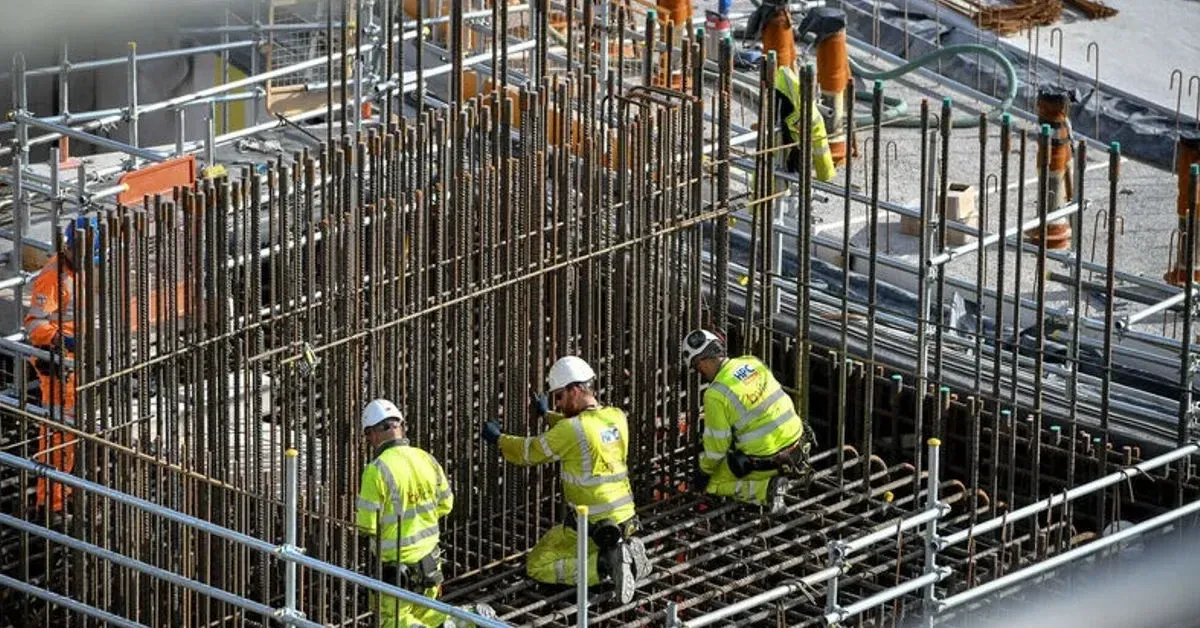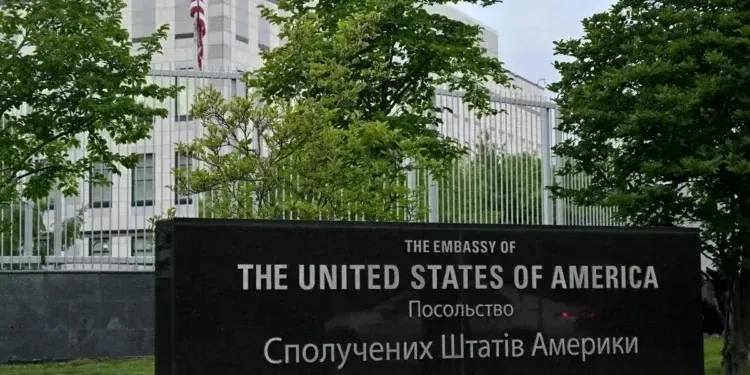Ireland is grappling with a significant infrastructure challenge, with a recent report from the Irish Fiscal Advisory Council (IFAC) highlighting the need for up to 80,000 additional construction workers to address deficits in housing, healthcare, transport, and electricity. This represents a 47% increase from current levels, underscoring the scale of the task ahead.
The IFAC report points out that Ireland’s infrastructure is 25% lower per person compared to the average for high-income European countries. This gap has narrowed since 1995 but remains substantial. The report identifies the planning system’s “slow and unpredictable nature” as a significant barrier, increasing costs and delaying project delivery. The planning and objection system is holding back tens of thousands of homes, and the effectiveness of the Government’s recent planning legislation, designed to overhaul the system, remains to be seen.
Housing is a critical area of concern. The report states that to meet the current demand, Ireland needs to significantly increase its housing output. Current targets set by the Government’s Housing for All programme are based on outdated data and need to be revised upwards to reflect the growing population. The IFAC suggests that improving productivity in the construction sector could reduce the number of additional workers needed from 80,000 to less than 20,000. The Fiscal Council estimated that 68,500 homes need to be built annually to catch up and meet the growing population, which is more than double last year’s housing output.
One of the key issues highlighted is the low productivity in the construction sector, which is about 32% lower than the international average. The report suggests that adopting modern construction methods, such as offsite construction and factory assembly, could significantly improve efficiency and reduce costs by 20-40%. Larger firms, which are typically more productive, are better positioned to invest in these technologies. The National Infrastructure Summit, held annually, provides a platform for stakeholders to discuss these challenges and explore innovative solutions.
The report emphasises the need for sustained public investment and better value for money. Ireland already spends a high amount on public investment relative to the size of its economy, but the challenge lies in maintaining this level of spending and improving its efficiency. The new Planning and Development Act is expected to help streamline the planning process, although its effectiveness remains to be seen. The Fiscal Council warned that an additional burst of spending could add to inflation and advocated for increasing taxes or reallocating spending from elsewhere.
The infrastructure deficits are not limited to housing. Significant shortfalls exist in healthcare, transport, and electricity, all of which require urgent attention. Addressing these deficits will require a multi-year, planned approach, with a focus on improving productivity and reallocating existing resources. The population is expected to grow by 10% over the next decade, further straining existing resources. Additionally, the ageing population will increase the demand for healthcare services, necessitating more investment in health infrastructure. The number of people aged 65 or over is expected to more than double in the next 30 years.
The need for additional workers is driven by Ireland’s rapidly growing population and the associated demand for infrastructure. The population growth, coupled with an ageing demographic, will place increased pressure on existing infrastructure. The IFAC report suggests that if health capital investment grew by 5% every year from its current high level, Ireland would reach average European infrastructure levels by 2033.
As Ireland transitions to a low-carbon economy, there is also a pressing need to invest in sustainable infrastructure. This includes upgrading the electricity grid to accommodate renewable energy sources and improving public transport to reduce carbon emissions. The National Infrastructure Summit provides a platform for stakeholders to discuss these challenges and explore innovative solutions. Topics at the summit include understanding Ireland’s population trends, policy and regulatory updates, and leveraging innovation to build future-proof infrastructure.







